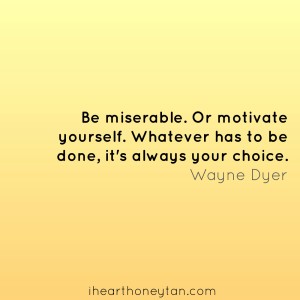If you are a parent of a tween or teen, take the time to read or at the very least read the excerpts from “A Mother’s Reckoning: Living in the Aftermath of Tragedy” by Sue Klebold: 17 years after Columbine, the mother of one of the killers finally tells her story. Depression presents itself in many ways and leaves open many paths that influence young kids to pick the wrong way. A friend who may have some outlandish ideas, some mean kids at school — all things that for most adults seem innocuous, to a kid who is currently struggling to develop into who they are, with raging hormones, identity growth issues and other maladies that plague the teenage, can be a recipe for tragedy.
I imagine many of us parents can identify with Sue Klebold in many ways. We all struggle with how to speak to and address our kids’ issues. Do we write them off to typical teen angst or do we push further? And we have found that each child is so different that there is no formula that works for all. If we push on one and it work, the same approach causes chaos with another. Parenting is hard and there is no perfect way to get the job done –or is the job ever done?
Both of those boys were depressed as are many other young kids today. Depression is a serious issue for not only the young, but all of us. It’s the reason that many are asking for depression screenings to be included in routine check ups: Why Depression Screenings Should Be Part of Routine Check-Ups
“Depression is as much a primary-care issue as chronic physical conditions, like diabetes or hypertension. It’s also intimately linked to physical health—managing a lifelong physical condition also requires consistent mental-health management.”
Read this
- The Amazing Benefits of Creative Time
- Why Journaling Is Good For Your Health (And 8 Tips To Get Better): Journaling can profoundly improve your well-being. Two experts reveal their most effective tips for personal writing.
- High fat/low carb diet could combat schizophrenia
Be Inspired
